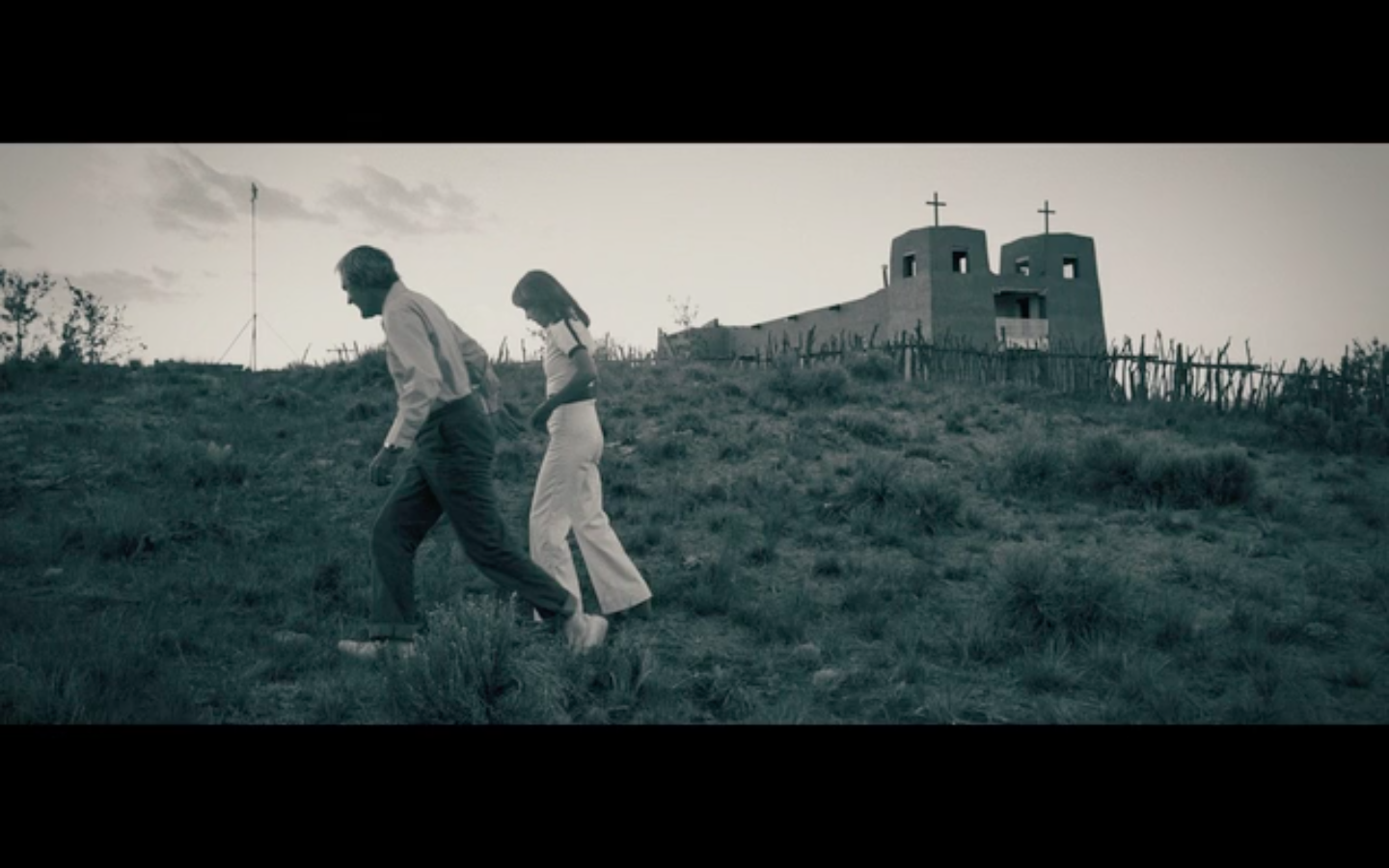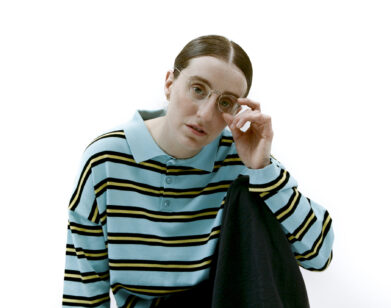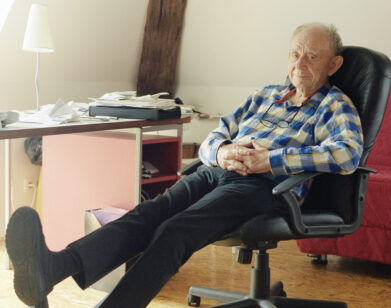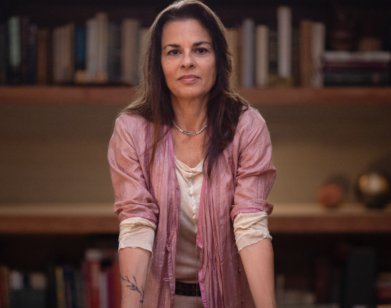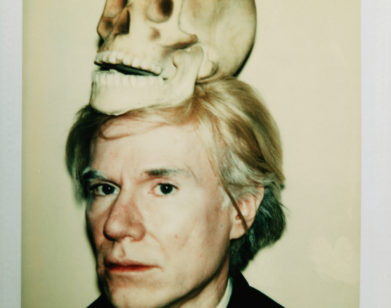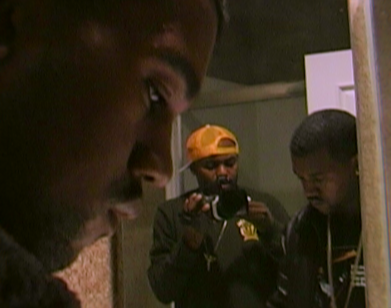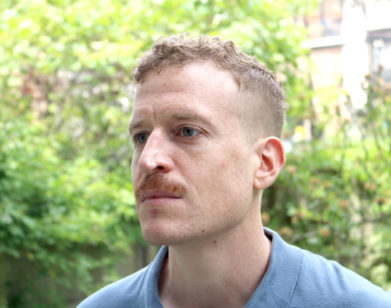exit poll
Under the Spell of America’s Bad Boy
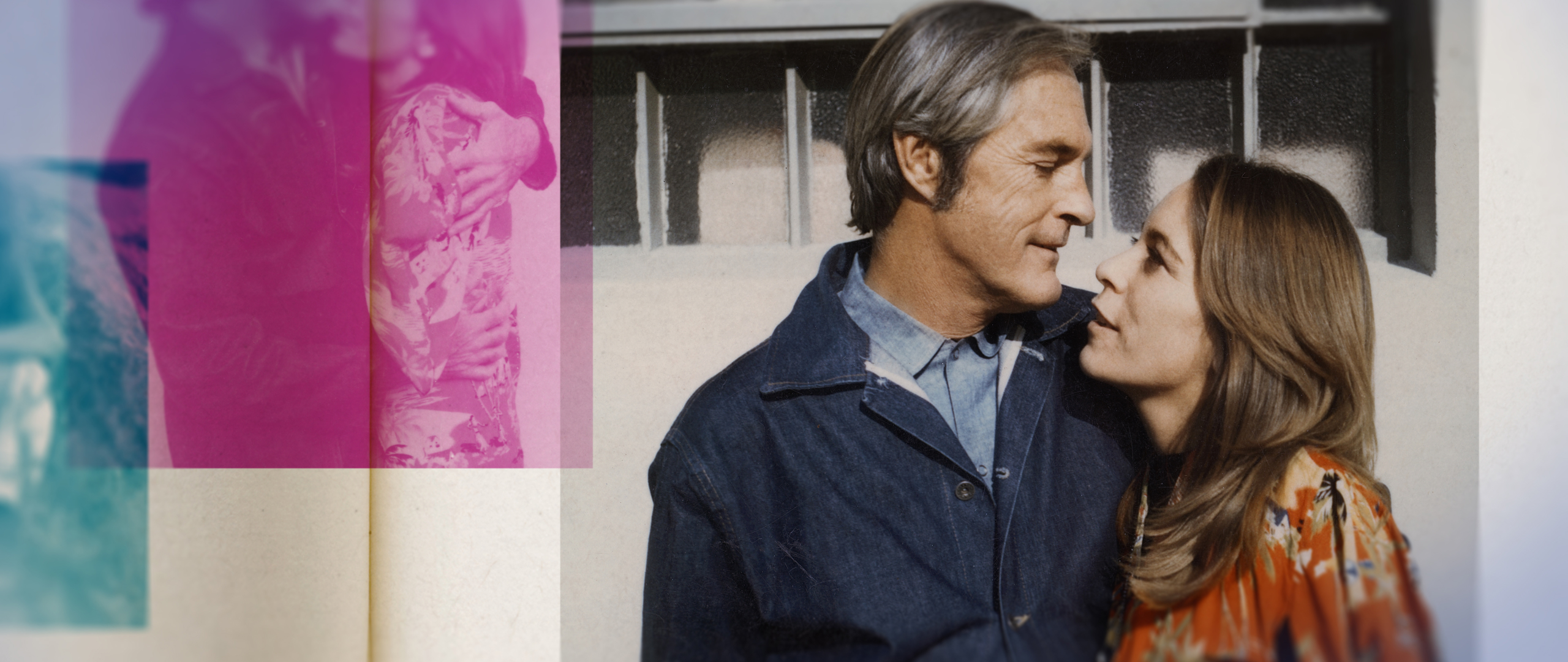
Timothy Leary and Joanna Harcourt-Smith in My Psychadelic Love Story. Photos by Joanna Harcourt-Smith. Courtesy Showtime.
Exit Poll is a series exploring the good, bad, and outright deranged films and events our editors are attending. This week: Ioannis Pappos falls for My Psychedelic Love Story.
In the surreal genre of girl-you’ll-be-woman-soon-but-not-before-going-off-the-deep-end—think Alice in Wonderland, Patty Hearst, Dorothy Gale, and Atonement—Errol Morris, the documentary filmmaker of The Thin Blue Line and The Fog of War, adds a new heroine: Joanna Harcourt-Smith-“Leary,” the tortured subject of My Psychedelic Love Story, his latest doc for Showtime. The film’s elevator pitch could easily be shelved as a cautionary tale: the privileged Avenue Foch socialite who fell for America’s bad-boy Timothy Leary, and jumped headfirst into the ’70s counter-everything scene. But there is nothing cliché about Morris’s work. Morris loathes spoon-feeding; he demands that we do the work with him, connect the dots, and very much arrive at distinctively different but always mind-blowing conclusions.
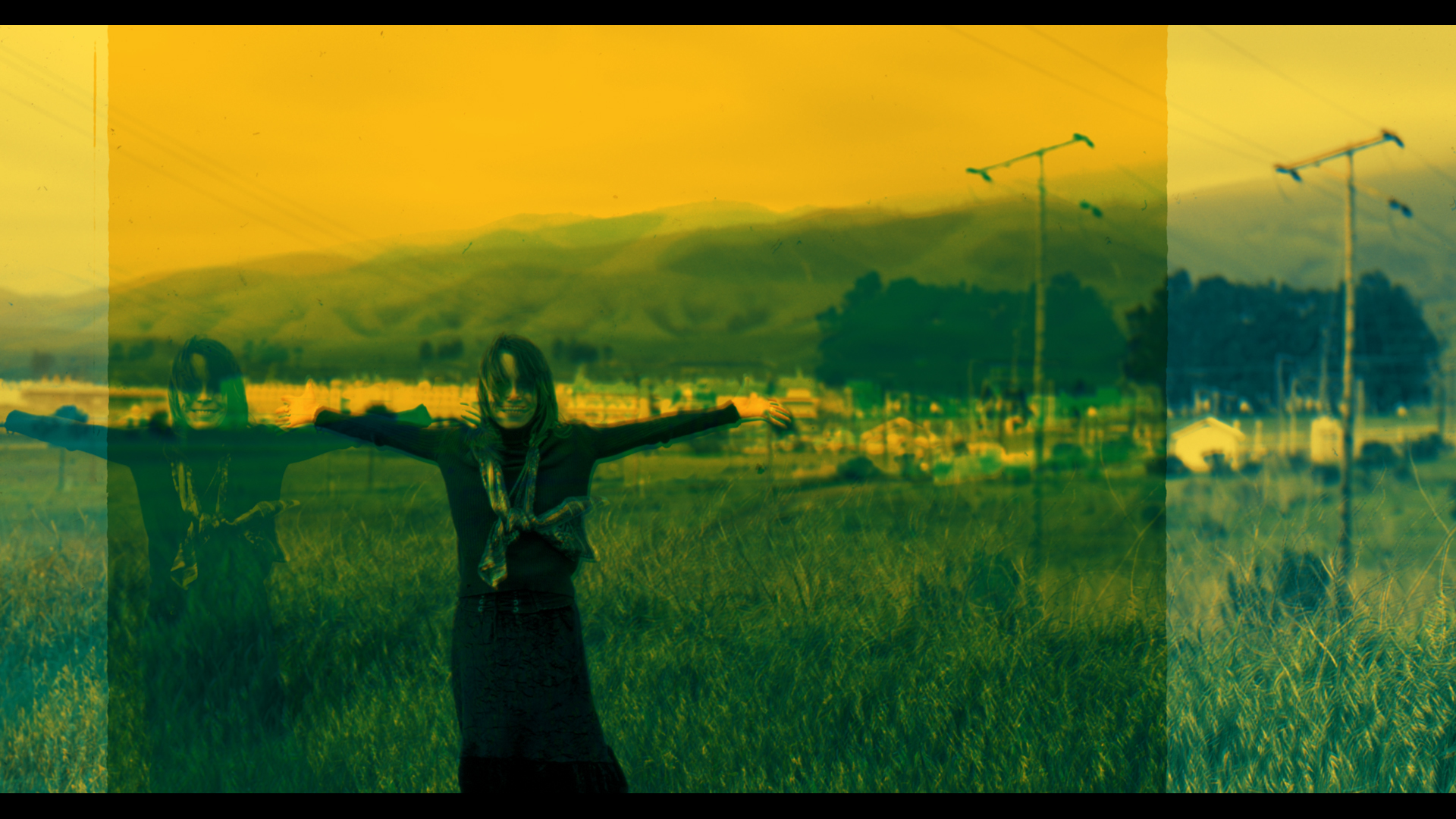
Joanna could have stayed confined to society’s upper echelons, but the moment she got into Leary’s canary yellow Porsche—he was a U.S. fugitive at the time—everything changed. Free-loving, philosophy, LSD, cheap hotels, and prisons interject frivolity amidst high drama; in a pivotal turn, the couple takes a trip to Kabul, where they are arrested by U.S. agents and flown back to California. Joanna’s flirting smile at Morris’s camera, coupled with the documentary’s hallucinatory graphics, make you wonder: “Have I lived enough?” Not even close.
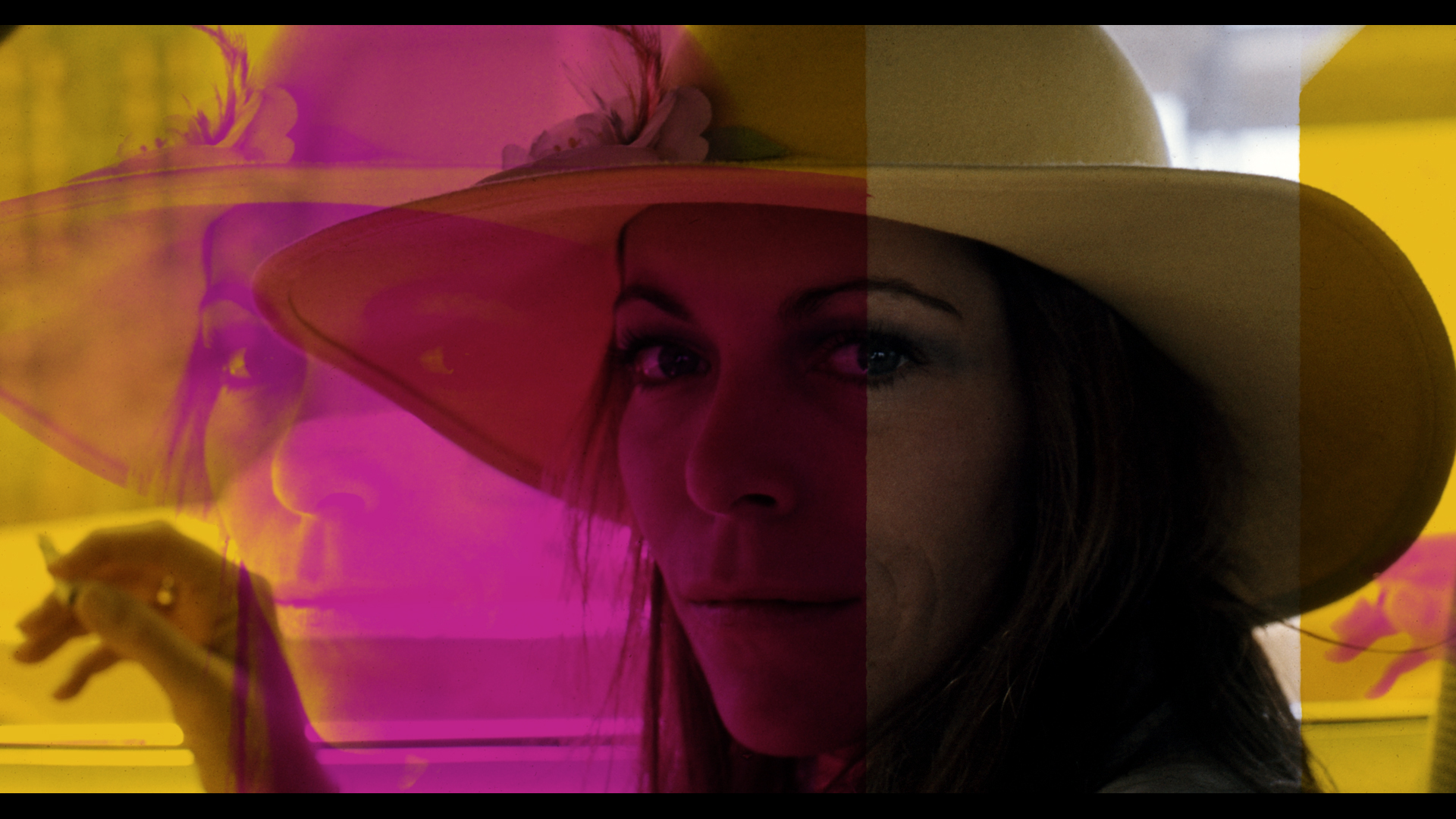
After Leary’s arrest, Jonna’s unconditional love becomes her downfall: colluding with authorities to free him, trafficking LSD into prison by gluing it onto her belly-button, setting up lawyers, and getting vilified by both the government and the counter-culture. (Allen Ginsberg: “Is she a sex spy, agent provocateuse, double-agent or CIA hysteric?”) Eventually, she finds her way into a witness protection program. In the documentary, we hear Joanna’s last words and we see her grand exit—she passed on in October. She doesn’t settle scores here; she doesn’t seem to bother. What Joanna cares about is the emotional impact of her narrative arc, as well as its telling bridges and lubricants. At one point, after getting arrested and confined in an empty terminal, the couple was “pushed” into a flight to L.A. “First class,” she points out. “Gunther Sachs happened to be there”—the international man of mystery who set up a convoluted offshore arrangement that kept his wealth untouched by authorities forever. “We drank champagne, we talked, we played. Tim packed a deal with the agents.” She speaks in code. Her seduction of the camera is the perfect bait for a director who is fascinated by both the truth and the falsehoods that become it. Always in the business of parables, Morris, via Joanna, warns us that My Psychedelic Love Story is itself a collection of alluring falsehoods. In that sense, Joanna is Morris’s best subject so far. She is his alter ego.
